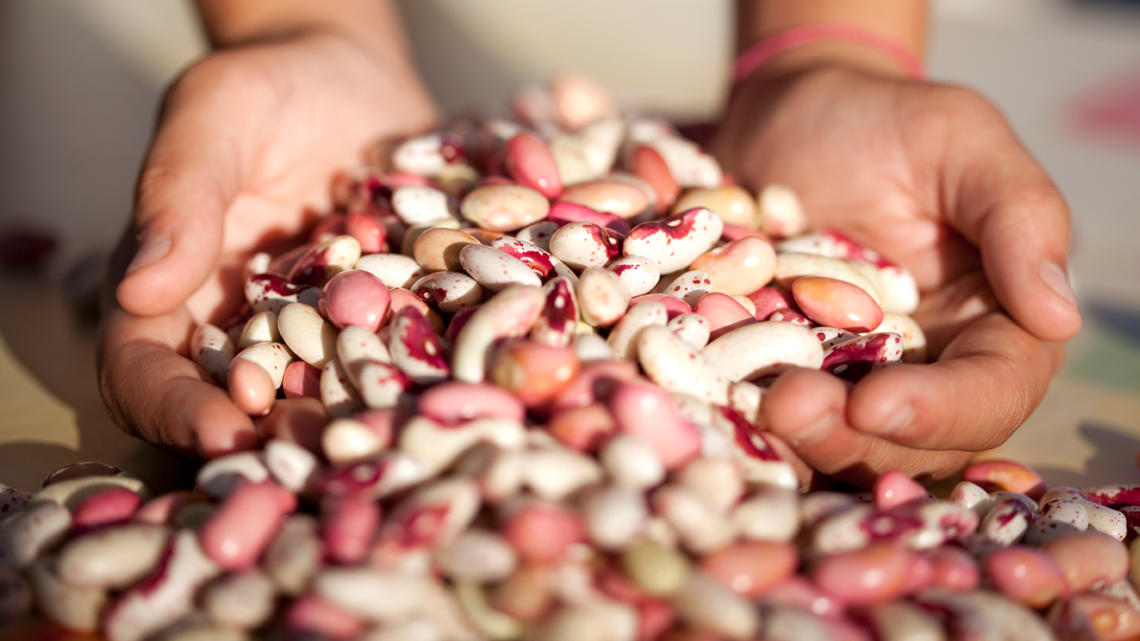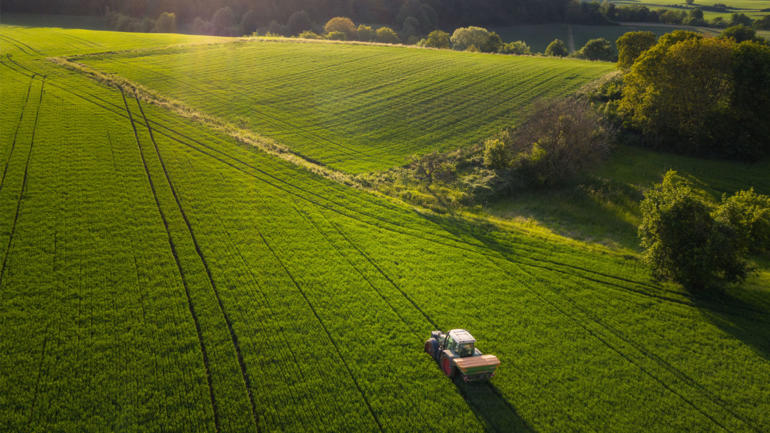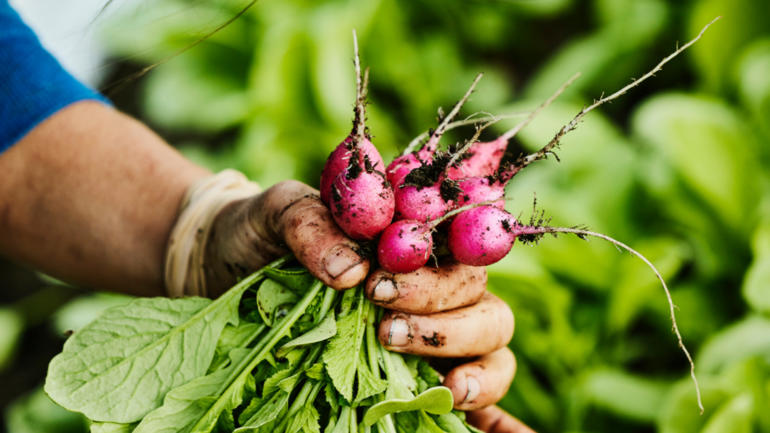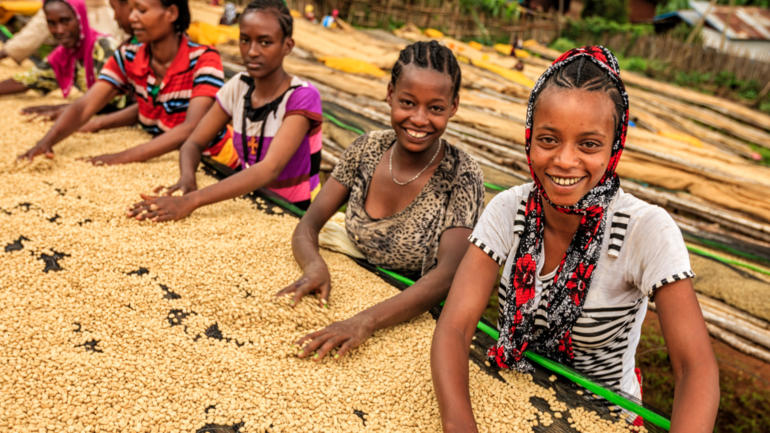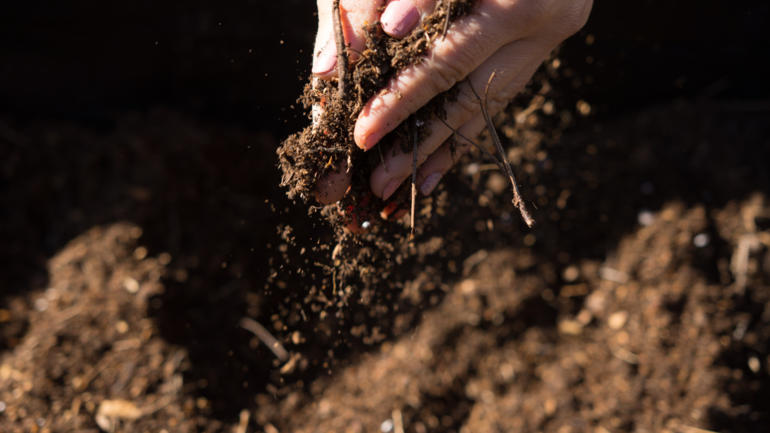• Leading agri-business companies PepsiCo, Monsanto, Olam and Kellogg Company join forces to make 50% more food available and strengthen the climate resilience of farming communities whilst reducing agricultural and land-use change emissions by at least 50%
• Action Plan launched today is part of WBCSD’s Low Carbon Technology Partnerships initiative that brings together leading global businesses to accelerate the deployment of low carbon solutions
Paris, 1 December 2015 - Leading companies PepsiCo, Monsanto, Olam and Kellogg Company have chaired a working group on Climate Smart Agriculture (CSA) with the vision that by 2030 they will be able to make 50% more food available and strengthen the resilience of farming communities whilst reducing greenhouse gas emissions by 50%.
“Agriculture and farmers are uniquely positioned to make a real difference in driving climate change solutions,” said Hugh Grant, Chairman and CEO of Monsanto.
“Through advanced technologies and better farming practices, like reduced tillage, farmers around the world have made great strides to reduce GHG emissions and reduce overall resource use. Working together, the global agricultural community has the opportunity to leverage its resources to mitigate the effects of climate change while still meeting the food needs of our growing planet.”
Under the banner of the World Business Council for Sustainable Development’s (WBCSD) Low Carbon Technology Partnerships initiative (LCTPi), Climate Smart Agriculture focuses on three pillars: productivity, resilience and emissions reductions.
“Today, 1 in 8 people suffer from chronic hunger and more than 1 billion people are undernourished. Ensuring food security for the growing population of the world will require at least 50 percent more food to be made available by 2050 to feed 9 billion people. The effects of climate change make this an even greater challenge.
“It is critical that all members of the global agricultural community find ways to collaborate and scale up initiatives that could make our global agricultural systems more resilient and support those who are most vulnerable to the effects of climate change” said Peter Bakker, President and CEO of WBCSD.
“As the CEO of a leading agribusiness, I have seen climate change rise up the risk register faster than I ever believed possible. And while large-scale farmers and processors such as ourselves are already putting CSA measures in place, it is the world’s millions of smallholders providing our daily coffee, cotton and chocolate fix that we have to reach, teach and support. We urge the agri industry and their customers to unite behind the WBSCD CSA framework to help scale the understanding and adoption of climate smart practices by rural communities” said Sunny Verghese, CEO of Olam.
Climate Smart Agriculture has the support of key organisations such as the World Bank, the United Nations and FAO in addition to many national government aid and development agencies.
“We are focused on helping to improve the livelihoods of farming families and communities who grow our ingredients,” said John Bryant, Chairman and CEO of Kellogg Company. “Our Climate Smart Agriculture efforts aim to increase productivity and resiliency to help farmers produce more using fewer natural resources.”
Working under the strategic and scientific guidance of the CGIAR’s Climate Change Agriculture and Food Security (CCAFS) programme, the working group has identified priority actions that support smallholder farmers and bring prosperity through long-term relationships based on fairness, trust, women’s empowerment and the transfer of skills and knowledge.
“As researchers we plan to help companies set and meet meaningful targets – not just for emissions reductions, but also for smallholders’ standard of living,” said Dr. Sonja Vermuelen, head of research for CGIAR CCAFS program.
Importantly, the CSA working group will take responsibility for reporting their achievements, including under the Sustainable Development Goals.
Drawing on the expertise of the global agricultural community, the CSA working group has engaged a range of farming, NGO, research and agri-business organizations through regional dialogues in South Africa, Ghana, India, the USA, Brazil and Europe to develop the action plan for CSA.
The CSA working group is comprised of PepsiCo, Monsanto, Olam, Kellogg Company, Starbucks, Diageo, Coca-Cola, Yara International, Tyson Foods, Walmart, Du Pont, Banamex, Unilever, PwC and Novozymes.

